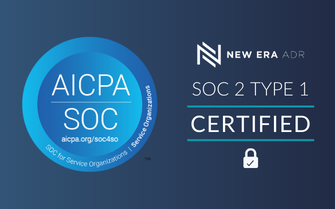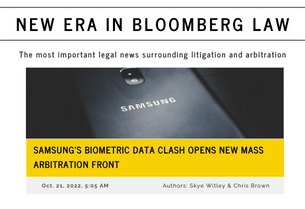
There is an interesting dichotomy between federal and state law when it comes to the cannabis industry. Federally, the Controlled Substances Act (CSA) is the statute that governs the manufacture, importation, possession and use of drugs. Cannabis is currently still included on Schedule I of the CSA which effectively prohibits profiting from the possession, cultivation or distribution of marijuana. This stands in direct contrast to several states’ laws that expressly allow for the possession, cultivation or distribution of marijuana. Because of these disparate positions between federal and state law, choice of law/venue provisions in cannabis related contracts are particularly nuanced.
For example, here is a particular Catch-22. If the choice of law provision chooses the federal courts in a particular state (provided there is subject matter jurisdiction), and the lawsuit seeks damages associated with the possession, cultivation, or distribution of marijuana, a federal court may dismiss the case because it essentially seeks damages that violate the CSA. In contrast, if a cannabis related lawsuit seeks to enforce a trademark violation (Lanham Act) under the same choice of law/venue provision, the federal court might keep the case because the damages aren’t directly associated with the possession, cultivation or distribution of marijuana. In short, the choice of law/venue provision works in some cases and may result in immediate dismissal in others.
It is even possible that that same federal court could dismiss claims related to the CSA and keep other claims. This happened recently in J. Lilly LLC v. Clearspan Fabric Structures Int’l, Inc. et al., 3:18-cv-01104 (Dist. Or. April 13, 2020). J. Lilly had a license in the State of Oregon to grow and cultivate marijuana. In 2016, J. Lilly and Clearspan entered into a lease agreement for a large greenhouse that would be constructed and delivered by Clearspan through subcontractors. Post-delivery, J. Lilly alleged that the greenhouse was not performed in a workmanlike manner and that the greenhouse had several construction related defects. J. Lilly further alleged that, due to the defects, it could not start cultivating marijuana on its intended timeline resulting in lost profits of $5,400,000. In addition to the lost profits, J. Lilly sought damages associated with the costs to repair or replace the greenhouse. The court dismissed J. Lilly’s claims for lost profits as violative of the CSA on summary judgment, but the remaining claims associated with the construction proceeded in the court. In essence, the result was a bifurcated case, with J. Lilly now forced to seek different avenues of redress for the lost profit claims.
Clearly, choosing federal court as the preferred venue in a cannabis related contract presents serious issues, which leaves two other options: state court or arbitration. If the choice is state court (or a mix of federal and state courts), amongst many issues, there is the potential of judge or jury related bias, a clogged docket, removal to federal court (which would implicate the issues above), forum non conveniens arguments, and the public nature of the dispute.
This makes arbitration, or some other form of alternative dispute resolution, the most logical forum for cannabis-related litigation. It provides flexibility, privacy, and expertise depending on the choice of the ADR-provider. Additionally, progressive ADR providers are technologically savvy and far more capable of providing remote, virtual, and digital services which better suit a nascent industry like cannabis. Of course the final decision always rests with the business, but it’s clear that the days of throwing in standard forum selection clauses into contracts are not a good fit for the marijuana industry.




